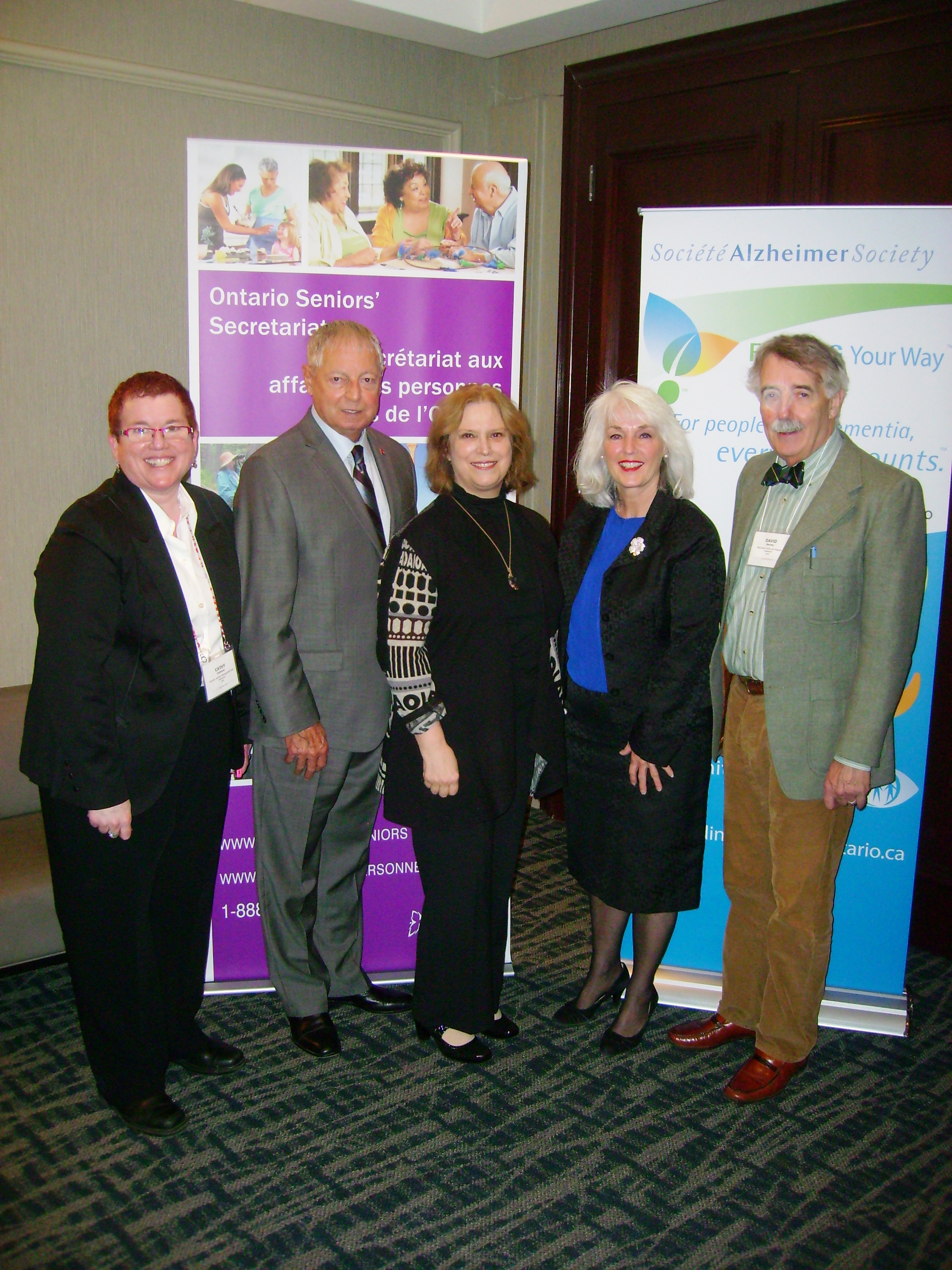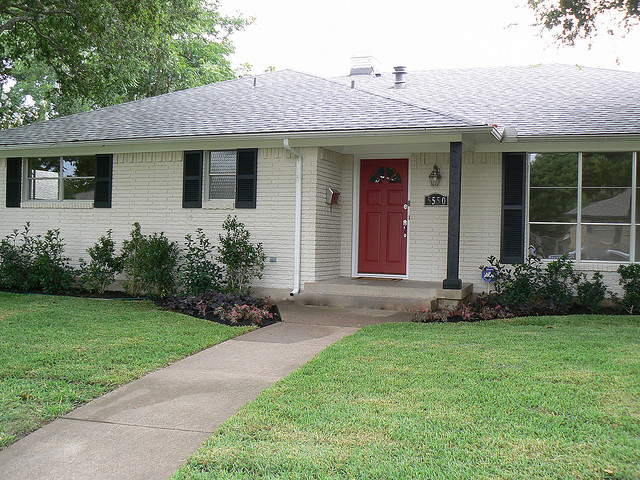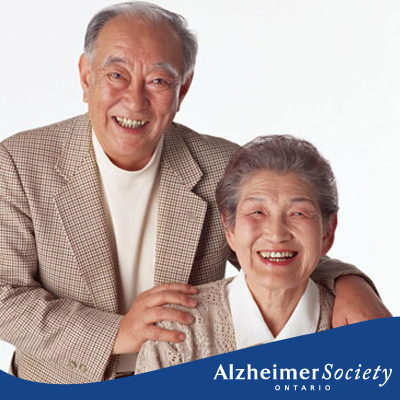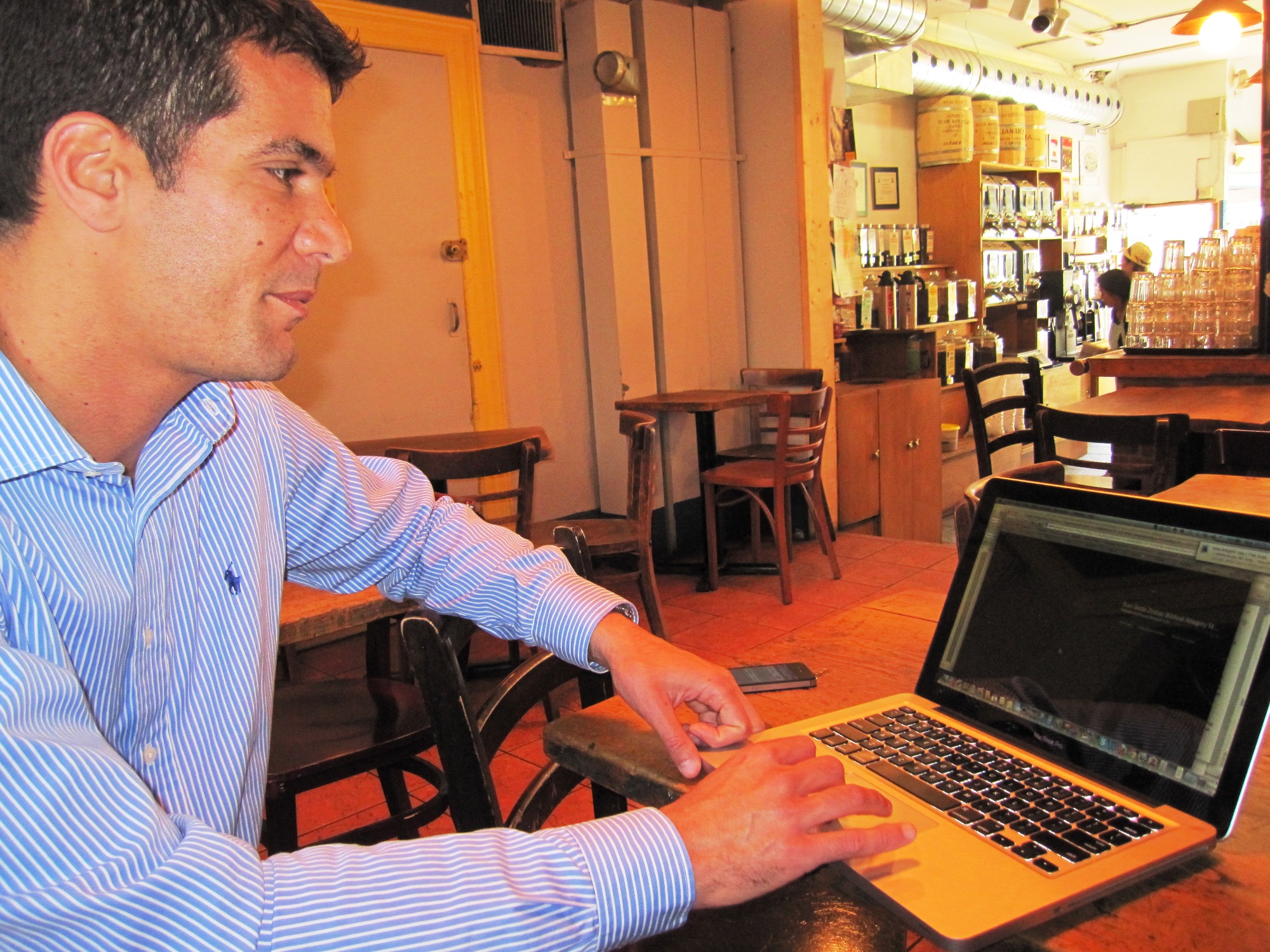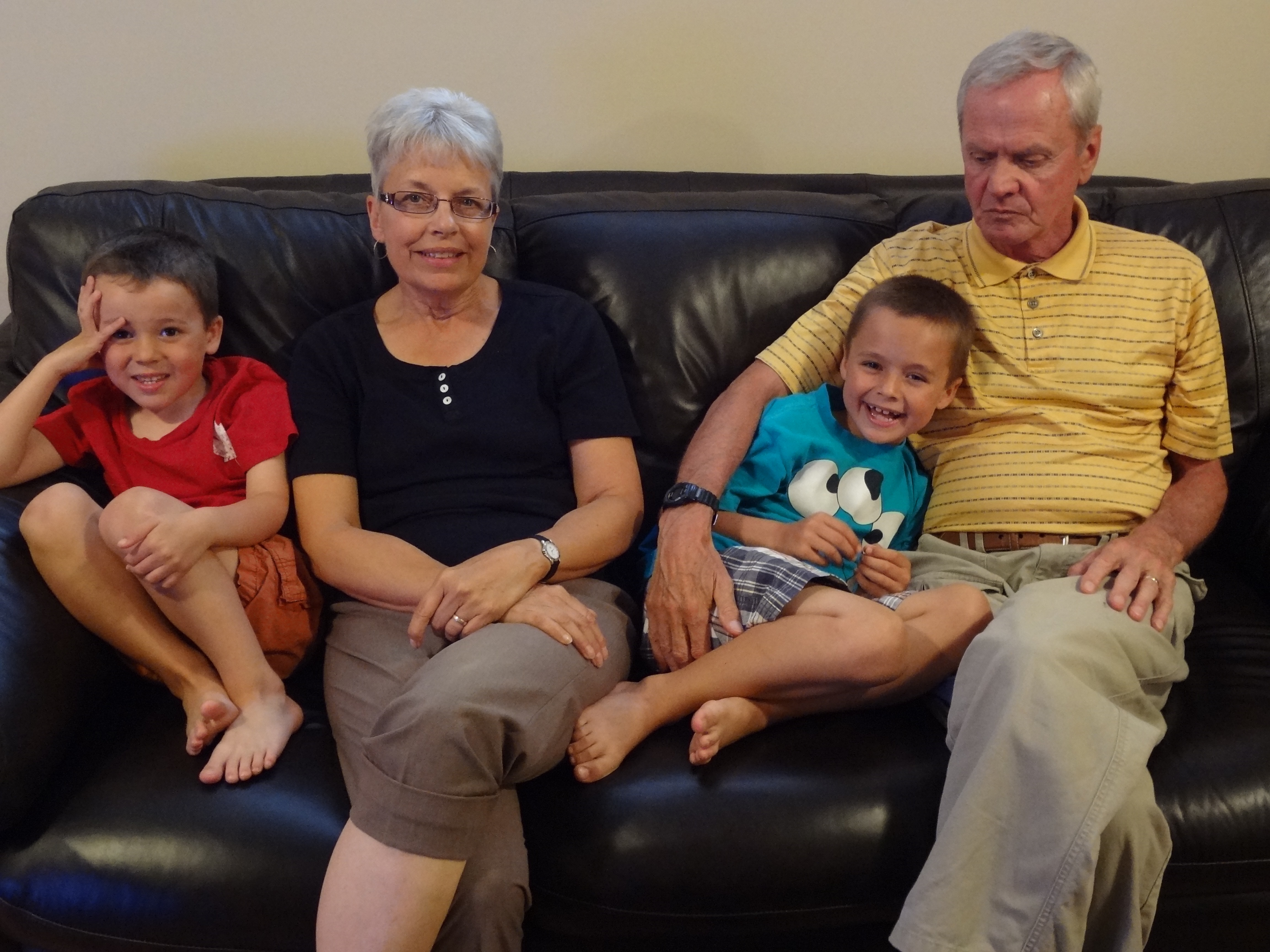Photos from the Finding Your Way™ partnership event
On Friday, November 15, the Alzheimer Society of Ontario and the Ontario Seniors’ Secretariat held a partnership event to help expand the Finding Your Way™ program to seven Alzheimer Societies in Ontario, the Older Adults Centres’ Association of Ontario and the Aphasia Institute. Finding Your Way is a program that offers practical advice on how people with dementia can stay safe while staying active in the community. It provides tips and resources for people living with their dementia, their caregivers…
